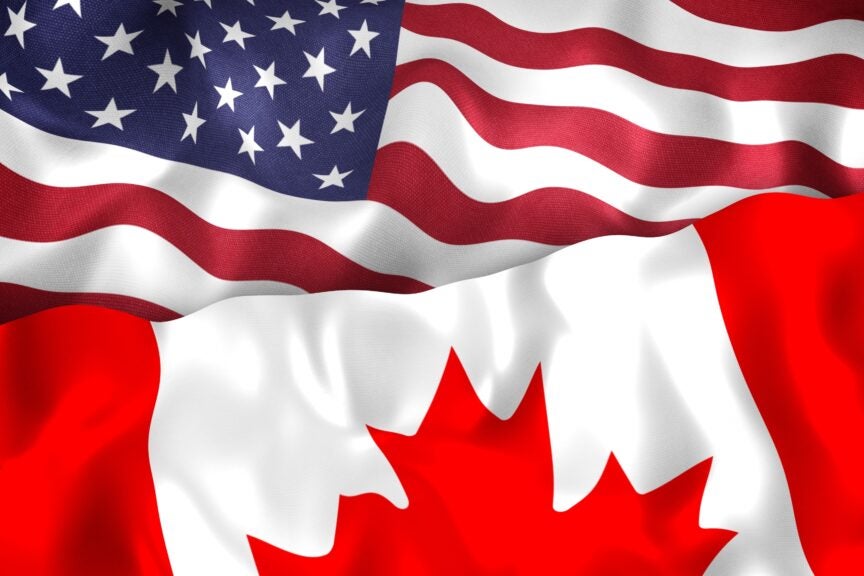A diplomatic rift is widening between the United States and Canada, ignited by Canada’s recent declaration of intent to recognize a Palestinian state, a move that has drawn sharp criticism from former U.S. President Donald Trump and potentially jeopardizing future bilateral trade negotiations.
In a direct and forceful statement on Truth Social, Donald Trump expressed his significant displeasure, warning that Canada’s support for Palestinian statehood would make it ‘very hard’ to finalize a trade agreement between the two nations. This public condemnation underscores the sensitive nature of international recognition for Palestine and its far-reaching geopolitical implications.
Canadian Prime Minister’s recent announcement confirmed plans to formally recognize a Palestinian state in September, positioning Canada as the third G7 nation, following the United Kingdom and France, to signal such intentions. This aligns with a growing international consensus among key global players regarding the need for a two-state solution.
However, the Canadian government’s decision is not without its conditions. The recognition hinges significantly on robust democratic reforms within the Palestinian Authority, including the crucial stipulation that elections must be conducted in the coming year without the participation of Hamas, ensuring a more stable and representative governance structure.
Anticipation builds for the formal recognition of the State of Palestine at the upcoming United Nations General Assembly, a pivotal moment that could reshape diplomatic landscapes. This diplomatic push is further fueled by urgent humanitarian concerns, with Canadian officials emphasizing the ‘intolerable’ and rapidly deteriorating human suffering in Gaza, highlighting the moral imperative behind their stance.
This latest diplomatic friction resurrects memories of prior trade disputes between the U.S. and Canada, particularly Canada’s decisive response to Trump’s earlier imposition of 50% steel tariffs. At that time, Canada retaliated with substantial tariffs of its own, valued at $1 billion, and implemented a new quota system, demonstrating its resolve in protecting its economic interests.
The current tensions are amplified by existing pressures surrounding trade agreements. The U.S. Commerce Secretary had previously issued a firm warning, setting August 1 as a ‘hard deadline’ for nations that had not yet formalized trade deals with the United States. This looming deadline adds an additional layer of urgency and complexity to the already strained U.S.-Canada relationship, making the path to a comprehensive trade agreement increasingly precarious.





Leave a Reply